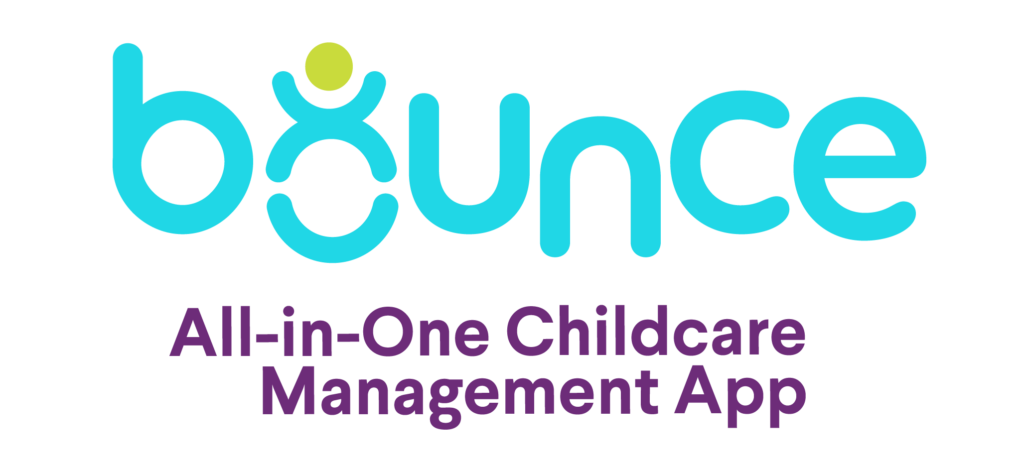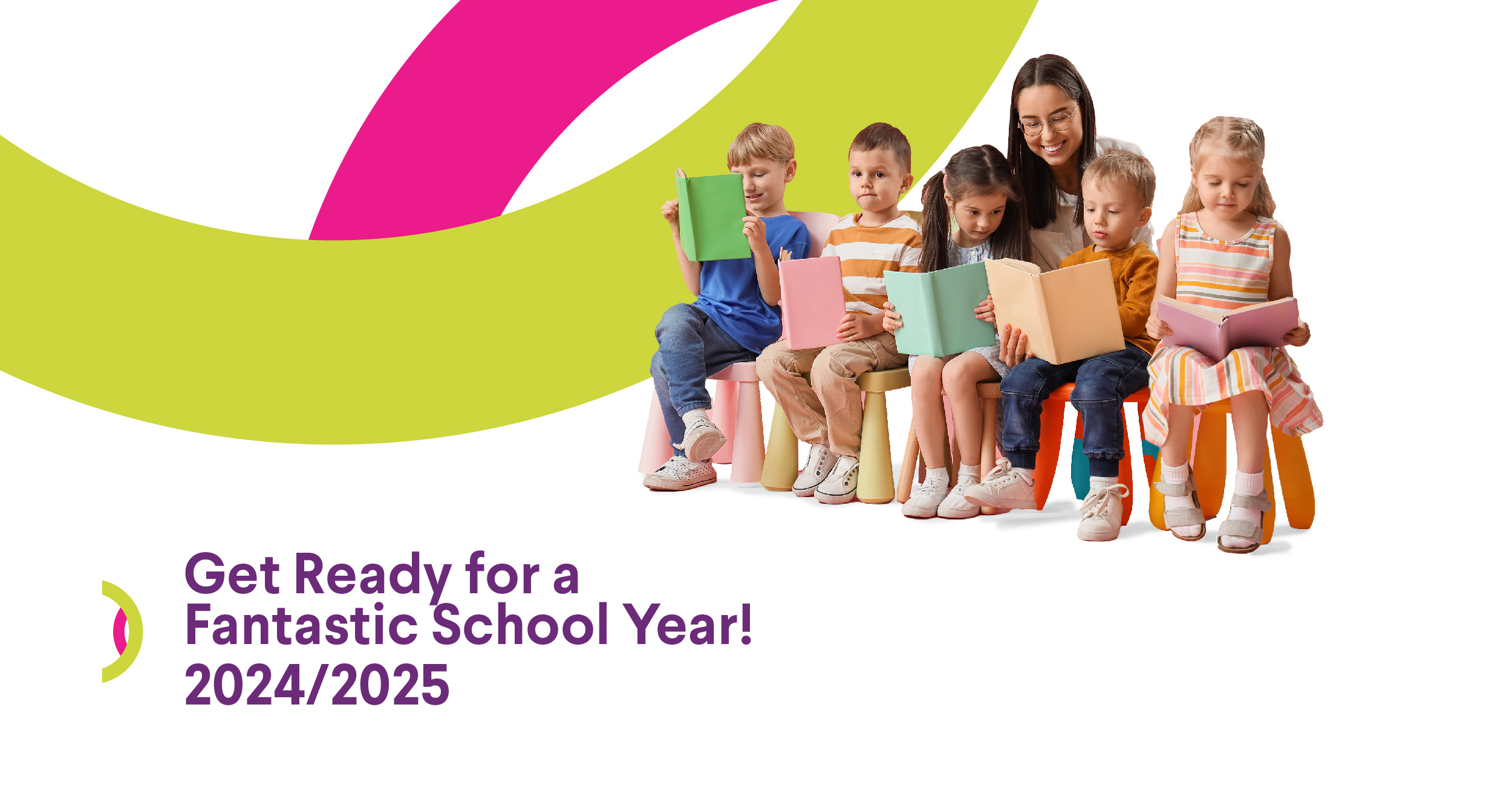To learn, children must do; it’s why learning through play is the most effective method for children. Think about any skill you’ve learned, especially a recent one; you likely had to practice it over and over before you became adept.
Just like learning to walk, write, or skip rope, children need practice at daily skills to master them. Creating an atmosphere that fosters independence will also increase your student’s self-esteem and cognitive and social skills.
Children, like adults, come in all varieties of personalities. You may have some students that already want to do everything for themselves and others who struggle to put their jackets on themselves. Therefore it is essential to meet each child where they are developmentally and not ask them to do more than they’re ready to do.
Ways to Foster Independence
Assign Classroom Jobs – Assigning classroom jobs is one of the best ways to foster independence within a preschool classroom. Jobs can be assigned daily or weekly, depending on what best fits your class schedule.
While it is important that each child have a turn at each job throughout the school year, not everyone needs a job simultaneously.
Teachers should use a picture chart to assign jobs by attaching the child’s name to their job. Picture charts provide visual cues, help children learn their names and the names of their classmates, and help them learn the words associated with each job.
Common Classroom Jobs:
- Line Leader
- Library Helper
- Snack Helper
- Weather or Calendar Helper
- Clean-up Supervisor
- Teacher Assistant
Encourage self-help skills – Children should be encouraged to do as much for themselves as possible. Not only does this free up the teacher’s time for other essential tasks, but it also teaches children to take responsibility for themselves.
Tasks Most Preschoolers can do:
- Using the bathroom independently
- Changing their clothes if they had an accident or spill
- Putting their jacket on to go outside
- Collecting and putting away their nap items from their cubbies
- Cleaning up after snacks and lunch
Use Natural Consequences – Natural consequences are one of the best teachers for a child. A natural consequence is not a punishment; they are the natural effects of a child’s choices.
For example, if your students struggle to clean up their toys and promptly transition to the next activity, you can let them know they have five minutes to clean up the classroom before snack time or there won’t be time to read a story.
Set a timer for five minutes, a visual timer they can see is best, and let them know when they have approximately two minutes, then one-minute remaining. If they go over the five minutes, then no story before snack that day.
It is important to emphasize that losing the story is not a punishment but a result of not having enough time since clean-up took too long, and you’ll try again later.
Other examples of natural consequences:
- Losing outside time because children aren’t getting coats on in a timely fashion
- Losing the privilege to play with specific materials or toys if they aren’t being used properly
- Losing the chance to play in a specific classroom area (blocks, dramatic play, art) for a day because materials aren’t put away properly
- Losing the privilege of washing their hands without supervision because they are playing and splashing water
Let Them Fail – Avoid solving every problem for your students so they can learn to problem solve and find their own solutions. When adults over help, children will lack confidence and become dependent on adults because they have never learned how to do simple tasks themselves. Failure and mess are part of life, and children must learn to overcome challenges independently.
Highlight Their Strengths – Highlighting a child’s strengths is a fantastic way to foster independence. When children feel good about themselves and their accomplishments, they are willing to try more and expand their interests.
Teachers should highlight a child’s effort and accomplishment and avoid adjectives like beautiful, smart, and strong.
For example, if a child made a painting, instead of saying, “It’s so beautiful,” you could say, “I can tell you spent a lot of time on this painting; I like the way you used the color blue.”
Or, if a child solved a puzzle, instead of telling them they’re smart, say, “You worked so hard to figure that out by yourself; I’m proud of you!”











